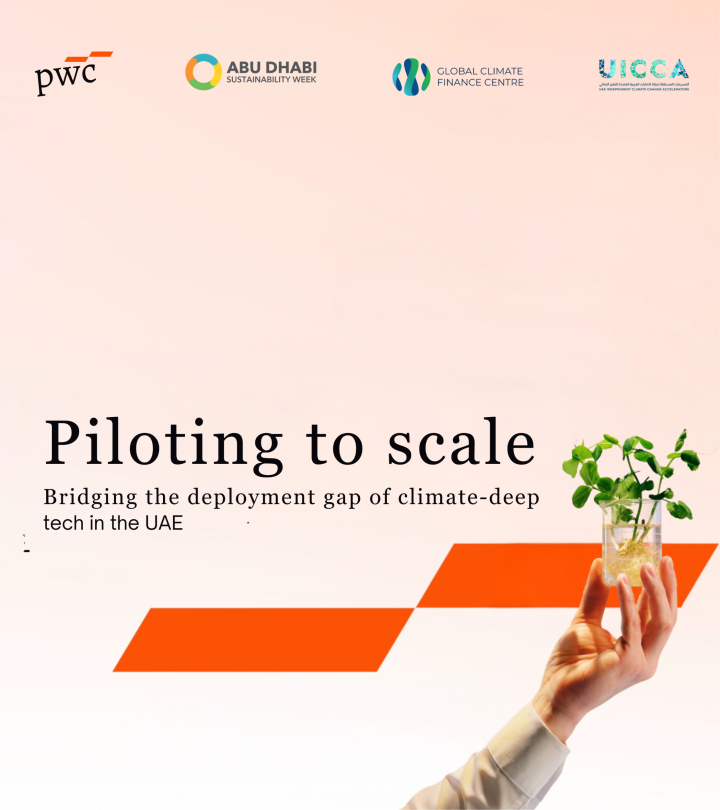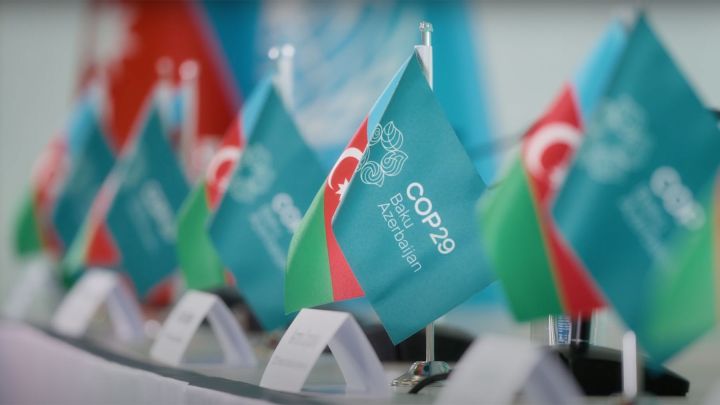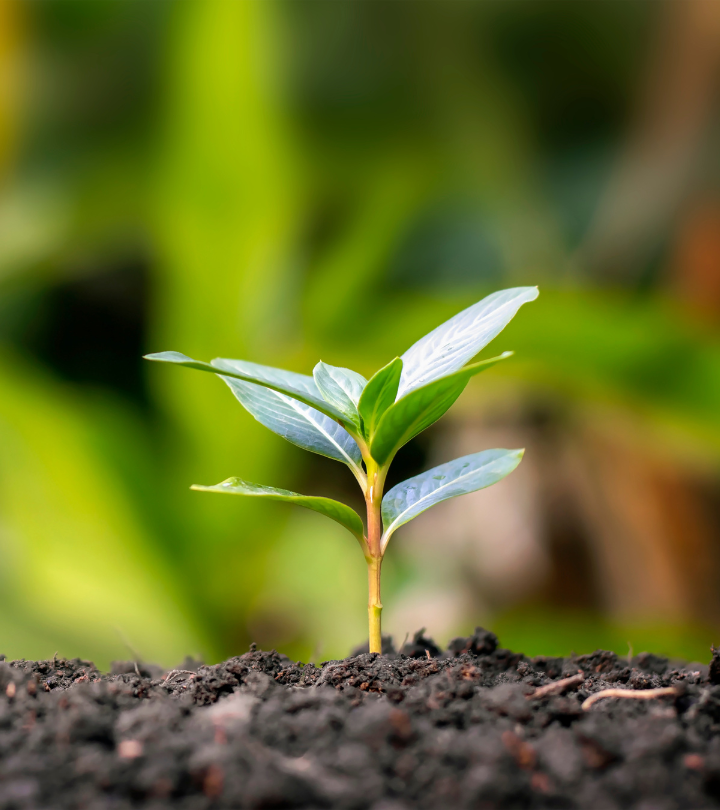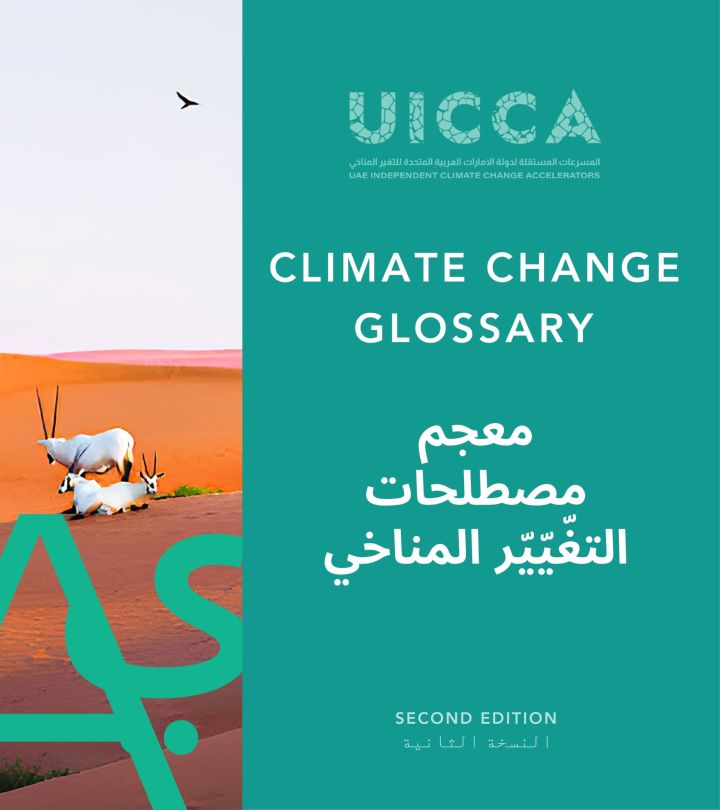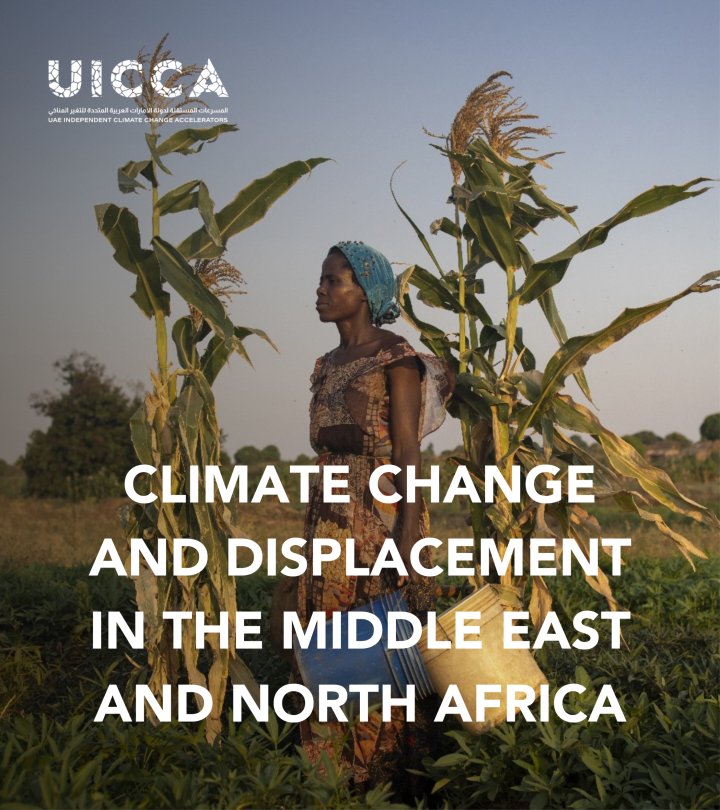Resources
Research and Reports
This report explores the role of Sovereign Wealth Funds (SWFs) in advancing climate resilience across the Middle East and North Africa (MENA). Developed through data analysis and a closed-door roundtable, it highlights how regional SWFs are shifting portfolios towards clean energy, with investments reaching nearly $2.5 billion in 2022. Led by ADIA, Mubadala, PIF, and QIA, these funds are diversifying into renewables, hydrogen, and storage while signalling a broader move toward emerging climate technologies. Stakeholders emphasised both opportunities and challenges, from gaps in adaptation finance for sectors like water and biodiversity to the need for innovative blended finance models that can de-risk investments and crowd in private capital. The report sets out a forward-looking agenda for SWFs to expand beyond mitigation into resilience and adaptation, aligning fiduciary responsibility with long-term regional climate security and positioning the MENA region as a leader in climate finance.
Discover MoreThis report outlines the findings of a closed-door roundtable convened during Make it in the Emirates (MIITE) Week, bringing together senior representatives from government, industry, academia, and finance to examine how Abu Dhabi can catalyse a national piloting programme for climate-deep tech. Developed in collaboration with Abu Dhabi Sustainability Week, the Global Climate Finance Centre, UICCA, Hub71, and PwC Middle East, the report identifies the infrastructure, capital, and regulatory gaps that currently limit the scale-up of hardware-intensive climate technologies critical to the UAE’s future economy, including energy storage, green construction materials, and low-carbon industrial processes. Stakeholders reached consensus on the urgency of creating real-world testing environments, aligning regulatory pathways, and de-risking capital-intensive innovation. The report sets out a three-pillar action framework—enabling piloting infrastructure, mobilising tailored financing, and strengthening governance—to guide collective action and investment. It provides a strategic foundation for stakeholders to collaborate on bridging the deployment gap, ensuring that the UAE remains at the forefront of global climate innovation while advancing its Net Zero by 2050 commitments.
Discover MoreThe UAE has set ambitious targets to achieve net-zero emissions by 2050. The electrification of commercial fleets, particularly in the last-mile delivery sector, represents a significant opportunity to contribute to this goal. As the e-commerce sector in the UAE continues to grow, there is increasing urgency to transition to EVs for last-mile logistics operations. However, as operators pilot EVs and develop plans to scale up operations, they encounter several challenges that hinder widespread adoption.
Discover MoreThought Leadership
As the global community intensifies efforts to combat climate change, COP29 marked a significant step forward in shaping the future of international carbon markets. At the heart of these discussions was Article 6 of the Paris Agreement, a cornerstone for enabling international cooperation on emissions reduction and unlocking climate finance. The United Arab Emirates (UAE), with its growing commitment to sustainability and carbon market development, stands to both contribute to and benefit from these changes. The UAE Carbon Alliance and the UNFCCC Regional Collaboration Center for the Middle East and North Africa (MENA) and South Asia (SA) collaborated on this article to highlight key COP29 outcomes and their implications for both the global and regional carbon market landscape.
Discover MoreAbu Dhabi Sustainability Week (ADSW), held from January 12 to 18 at the Abu Dhabi National Exhibition Centre and with related events throughout the Emirate, highlighted the UAE’s leadership in sustainability and provided a dynamic platform for global stakeholders to unite, innovate, and take decisive action towards a more sustainable future. ADSW served as an important catalyst for collaboration among industry, civil society, and government and momentum on climate action following COP29, setting the stage for impactful solutions in the year ahead.
Discover MoreClimate Call brought together global youth to create impactful solutions addressing urgent climate challenges in energy, food security, and water scarcity.
Discover MoreTools
Ahead of the upcoming research report "Climate Exodus: Addressing Climate Migration in the Middle East and North Africa," UICCA has released a factsheet that summarizes some of the key findings. The factsheet outlines the potential impacts of climate migration in the region, identifies barriers to progress, and presents various adaptation and prevention solutions. This serves as a preview of the comprehensive insights that will be featured in the full report.
Discover More

